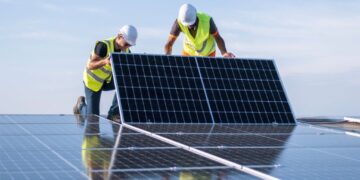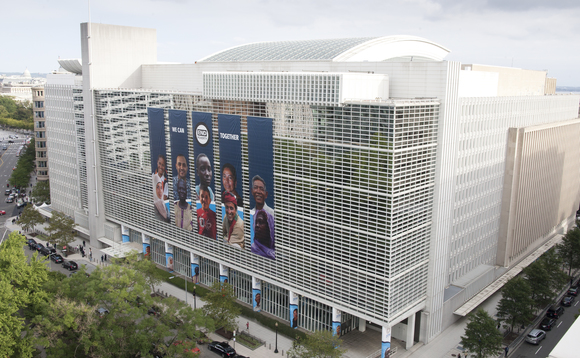The World Bank has today promised to double its investment plans for low-carbon projects to $200bn over the next five years, in a bid to accelerate action against climate change.
The announcement came as the first day of talks at the COP24 international climate negotiations got underway in Katowice, Poland, where officials from around the world are gathered to thrash out the details of how the Paris Agreement will work in practice.
World Bank Group President Jim Yong Kim said he hoped the increased ambition would encourage other institutions and businesses to follow suit and step up levels of low carbon investment.
“We are pushing ourselves to do more and to go faster on climate and we call on the global community to do the same,” he said. “This is about putting countries and communities in charge of building a safer, more climate-resilient future.”
The $200bn represents a combination of $100bn in direct finance from the organisation’s two lending divisions, the IBRD and IDA, alongside combined direct finance from the International Finance Corporation, the Multilateral Investment Guarantee Agency, as well as $67bn of private capital mobilised by the World Bank Group.
Private capital is becoming an increasingly important source of finance for the World Bank.
Earlier this year the World Bank’s IDA body raised cash on the private capital markets for the first time via a $1.5bn bond issuance, which will in part be used to fund climate action projects.
Of the $200bn, some $50bn will be used to help poor nations adapt to the impacts of climate change, for the first time putting investments in this area on an equal footing with efforts to reduce greenhouse gas emissions.
Investments will include support for high quality forecasts and early warning systems to help communities prepare for extreme weather events, and climate smart agriculture to reduce crop failure in the face of changing climates.
Climate finance is expected to once again be a fraught issue at this year’s summit. The deadline for rich countries to meet their promise to mobilise $100bn of climate finance a year for poorer nations by 2020 is fast approaching, and new figures from both the OECD and UN in recent days have revealed developed countries are still tens of billions of dollars short of the target.
Meanwhile, India is today set to publish its second report to the UN’s climate change secretariat, which offers an update on how the fast developing country is performing against its climate pledges.
Sources suggest the document will confirm India is on track to meet its goals to reduce the emissions intensity of its economy and boost the share of renewables on its grid a full decade ahead of schedule. The paper is likely to raise hopes that India could yet join other major economies in raising its climate ambitions under the Paris Agreement before 2020.























